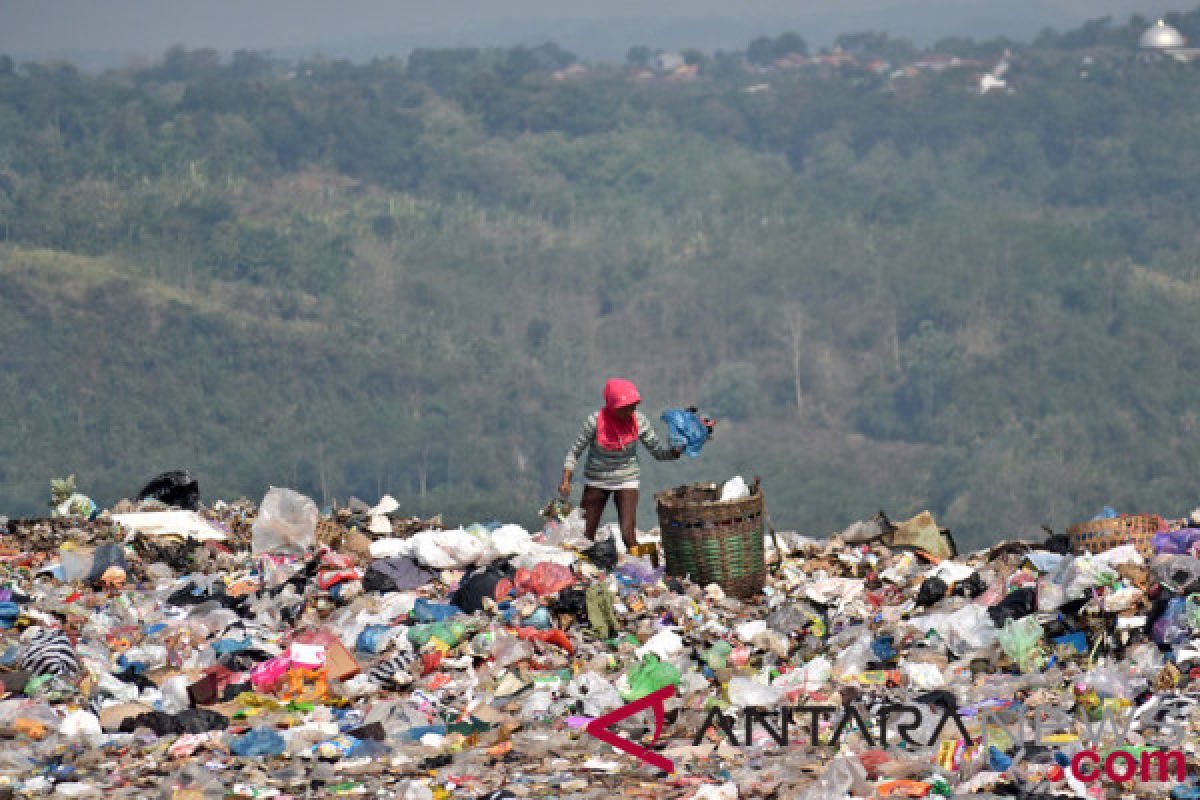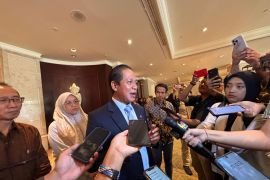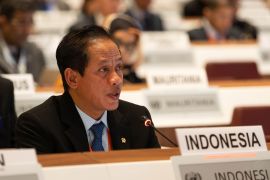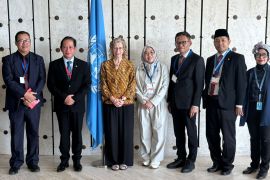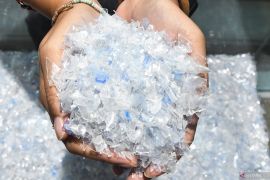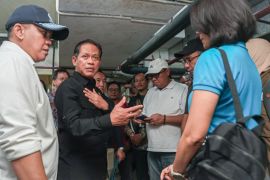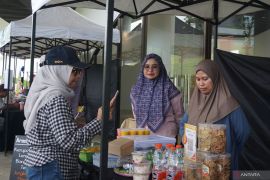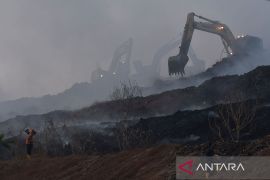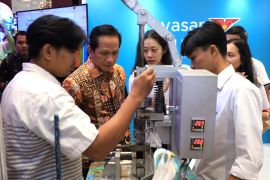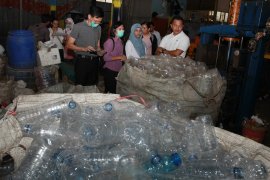"If the business sector and the government rely only on program of recycling and call for the use of environmentally friendly plastic, it would be no more than an illusion that the country would ever come close to its target of reducing 70 percent of its plastic garbage in its sea in 2025," Urban Greenpeace Indonesia campaigner Muharram Atha Rasyadi wrote in a news release issued here on Saturday.
In line with the Chapter 15 of the Law No. 18 in 2008 on the management of garbage , producers are responsible for the plastic garbage polluting the environment.
The producers should change their model of business by stopping producing disposable plastic wrapper, Artha said.
"The producers should take the biggest responsibility for solving the problem of plastic garbage they produce and the government have to be firm against non-compliance with the regulation as outlined in the Law No. 18," he said.
So far the government has been too lenient in its policy. The Presidential Regulation No 83 of 2018 on the handling of sea garbage is not effective in forcing producers to change their packaging products from disposable containers or wrappers.
Earlier, the Maritime Affairs and Fisheries Ministry said plastic garbage polluting the Indonesian water territory is potential to reduce the productivity of the country fishery sector.
"The fishery productivity could decline and micro-plastic could mix with food and consumption of which would be a threat to human health," acting director of the utilization of coastal areas and small islands Moh. Abduh Nurdihajat said.
Abduh said before the opening of `Our Ocean Conference` (OOC) 2018, the Maritime Affairs and Fishery Ministry organized Coast and Sea Clean Movement in the coasts of Pede, Labuan Bajo, Manggarai Barat on Oct 3.
"More than 1 ton of plastic garbage was collected that day," he said, adding the garbage would be sent to a garbage processing plant in Manggarai Barat.
"Plastic garbage has become a serious threat, not only garbage from the land of Labuan Bajo, but also garbage thrown into the sea from passing ships and from nearby islands around the Komodo islands driven to the coast of Labuan Bajo by the current of the sea water," he said.
He said unless the plastic garbage is properly controlled and handled, the impact would be bad on the environment, ecosystem and the marine culture.
Humans are largely to blame for sea pollution, therefore, it is necessary for stakeholders to work together to cope with the problem.
Greenpeace said together with local coastal communities in a number of areas in the country it had found more than 700 brands of plastic garbage polluting the sea of the country.
"We found 797 brands in three locations mostly or 594 are food and beverage brands. The rest included those of body treatment, household goods," Atha said.
Greenpeace launched audit of the brands of the plastic garbage at the coasts of Kuk Cituis of Tangerang, Pandansari of Yogyakarta and Mertasari of Bali in mid September.
In addition, Greenpeace also found a lot of plastic garbage with brands already erased, indicating that the garbage has long been dumped into those places, he said.
He said grossly , only 9 percent of plastic garbage is recycled and 12 burnt into ashes and the largest part of around 79 percent thrown into disposal places or in river that end in the sea.
Reporting by Muhammad Razi Rahman
Editing by Albert Saragih
Reporter: Antara
Editor: Fardah Assegaf
Copyright © ANTARA 2018
